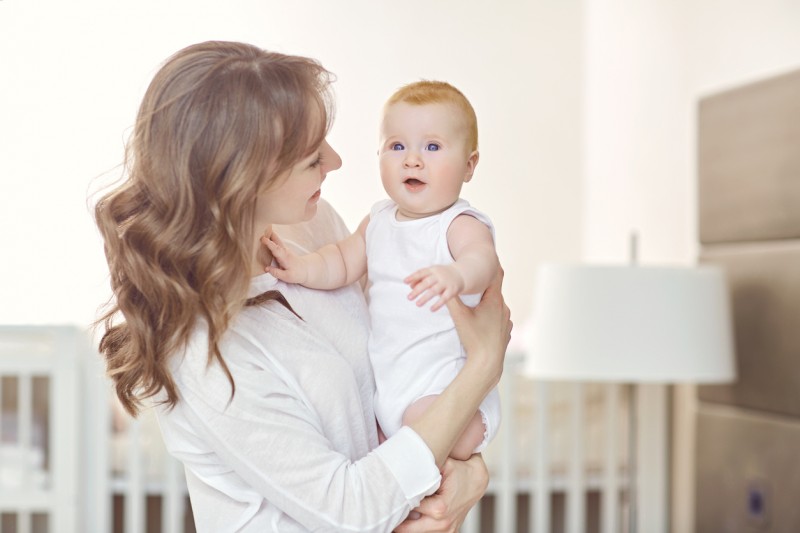Summer is here, and the weather is getting warmer. Below are some common questions we receive about baby’s temperature during sleep.

‘What temperature should my baby’s room be?’ and ‘is what my baby is wearing suitable?’ are common questions.
Research has linked overheating to an increased risk of sudden unexpected death in infancy, so this is not just a matter of baby’s comfort.
Babies control their temperature predominantly through their head and face. For this reason, sleeping baby on the back with head and face uncovered is the best way to protect your baby from overheating.
How do I best keep baby’s head and face uncovered?
A simple way to ensure baby’s head and face is uncovered is to use a sleeping bag in baby’s correct size, with a fitted neck, armholes (or sleeves) and no hood.
If using a light sheet or blanket, make sure baby’s feet are at the foot of the cot and the blanket is tucked in firmly on all sides. This will ensure the blanket can only rise as far as baby’s chest.
Remove any head coverings such as beanies and hoods at sleep times.
What about room temperature?
Red Nose does not recommend a specific room temperature for baby’s sleep. It’s not necessary to monitor the room temperature or to leave the heating or cooling on all night, as long as the baby is dressed appropriately for the room temperature.
How much bedding is right?
Dress baby as you would dress yourself – comfortably warm, not hot or cold. If using a sleeping bag, choose one with a low tog appropriate for warm weather. With blankets, it is best to use layers of lightweight blankets that can be added or removed easily.
How do I check baby’s temperature?
You can feel baby’s back or tummy, which should feel warm. Don’t worry if baby’s hands and feet feel cool - this is normal. If your baby shows signs of heat stress, such as flushed and clammy skin, remove some bedding or clothing and offer fluids such as breast milk for young babies or water for older infants.
Have a question about safe sleeping or keeping your baby safe?
Ask our midwives and Safe Sleep Educators a question today.
